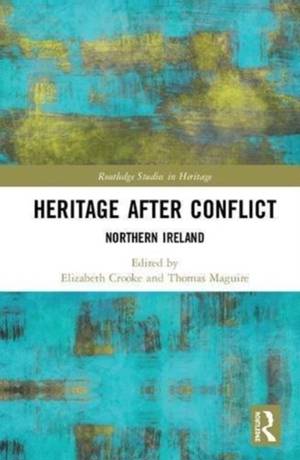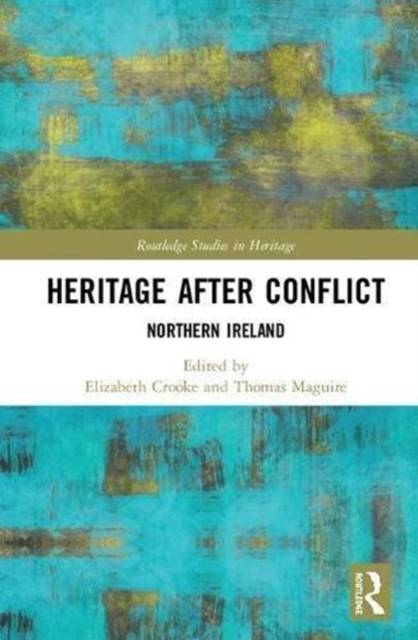
- Afhalen na 1 uur in een winkel met voorraad
- Gratis thuislevering in België vanaf € 30
- Ruim aanbod met 7 miljoen producten
- Afhalen na 1 uur in een winkel met voorraad
- Gratis thuislevering in België vanaf € 30
- Ruim aanbod met 7 miljoen producten
Omschrijving
The year 2018 marks the twentieth anniversary of the signing of the Belfast Agreement that initiated an uneasy peace in Northern Ireland after the forty years of the Troubles. The last twenty years, however, has still not been sufficient time to satisfactorily resolve the issue of how to deal with the events of the conflict and the dissonant heritages that both gave rise to it and were, in turn, fuelled by it. With contributions from across the UK and Europe, Heritage after Conflict brings together a range of expertise to examine the work to which heritage is currently being put within Northern Ireland.
Questions about the contemporary application of remembering infiltrate every aspect of heritage studies, including built heritages, urban regeneration and planning, tourism, museum provision and intangible cultural heritages. These represent challenges for heritage professionals, who must carefully consider how they might curate and conserve dissonant heritages without exacerbating political tensions that might spark violence. Through a lens of critical heritage studies, contributors to this book locate their work within the wider contexts of post-conflict societies, divided cities and dissonant heritages.
Heritage after Conflict should be essential reading for academics, researchers and postgraduate students engaged in the study of the social sciences, history, peace studies, economics, cultural geography, museum heritage and cultural policy, and the creative arts. It should also be of great interest to heritage professionals.
Specificaties
Betrokkenen
- Uitgeverij:
Inhoud
- Aantal bladzijden:
- 176
- Taal:
- Engels
- Reeks:
Eigenschappen
- Productcode (EAN):
- 9780815386360
- Verschijningsdatum:
- 2/08/2018
- Uitvoering:
- Hardcover
- Formaat:
- Genaaid
- Afmetingen:
- 156 mm x 233 mm
- Gewicht:
- 403 g

Alleen bij Standaard Boekhandel
Beoordelingen
We publiceren alleen reviews die voldoen aan de voorwaarden voor reviews. Bekijk onze voorwaarden voor reviews.










